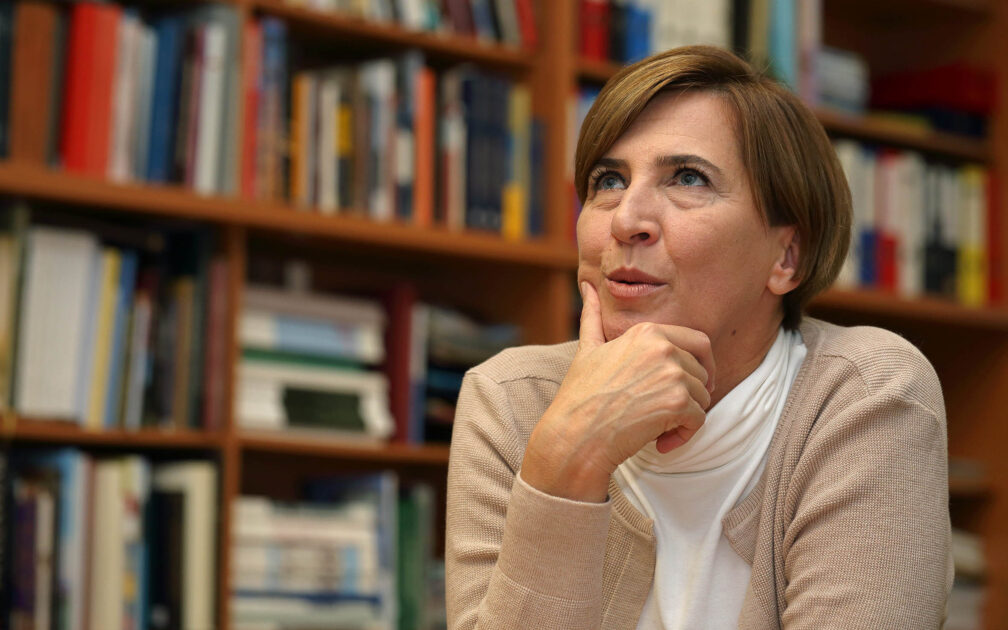Among the many institutional roles she covered and her scientific expertise, Sabine Ladstätter was passionately engaged in the protection, conservation, and study of cultural heritage. The archaeological research for her did not end with the excavation and the traditional study of the materials, but it went well beyond by integrating archaeological and heritage sciences. Since 2010, she directed the excavation of Ephesos, transforming it also into a laboratory for countless restoration and conservation activities. She was particularly proud of sustainable and low-invasive conservation strategies such as the dry-stone walls built to protect the excavated city areas against slope erosion by using traditional handicraft techniques and know-how. Under her guidance, Ephesos became a UNESCO World Heritage site, attracting millions of visitors each year. At the Austrian Archaeological Institute, Sabine Ladstätter also established the Research Infrastructure for Heritage Sciences and actively supported the Heritage Science Austria network, particularly in implementing the Austrian node of heritage science infrastructures.
Our community has lost one of its most engaged and passionate members, but we will continue our work in her loving memory.

